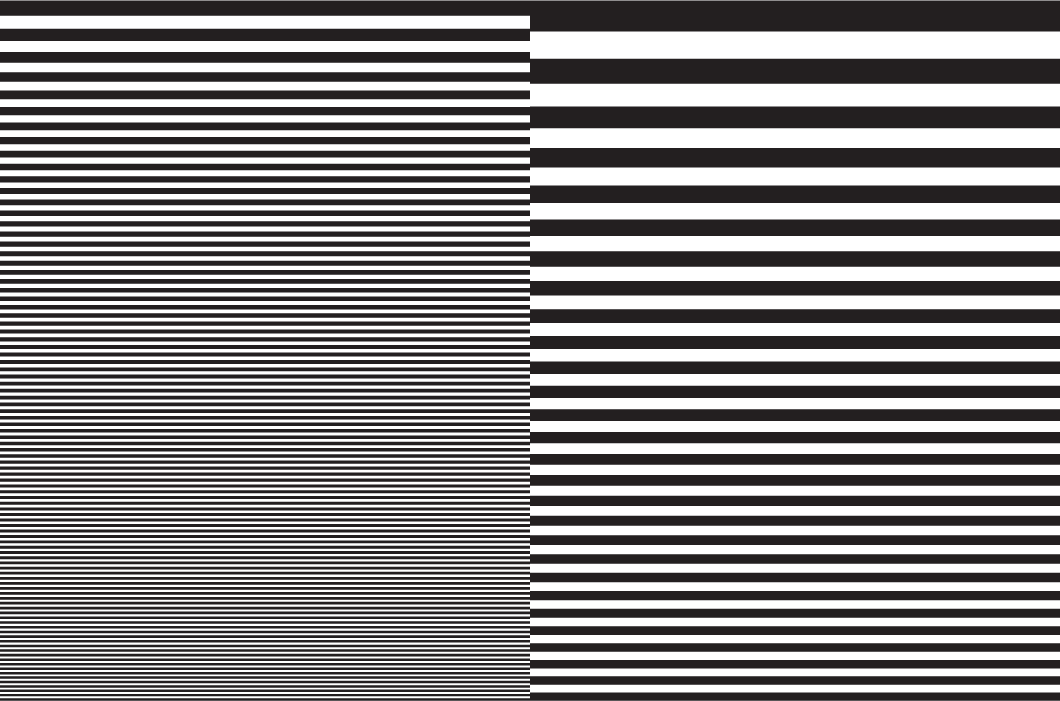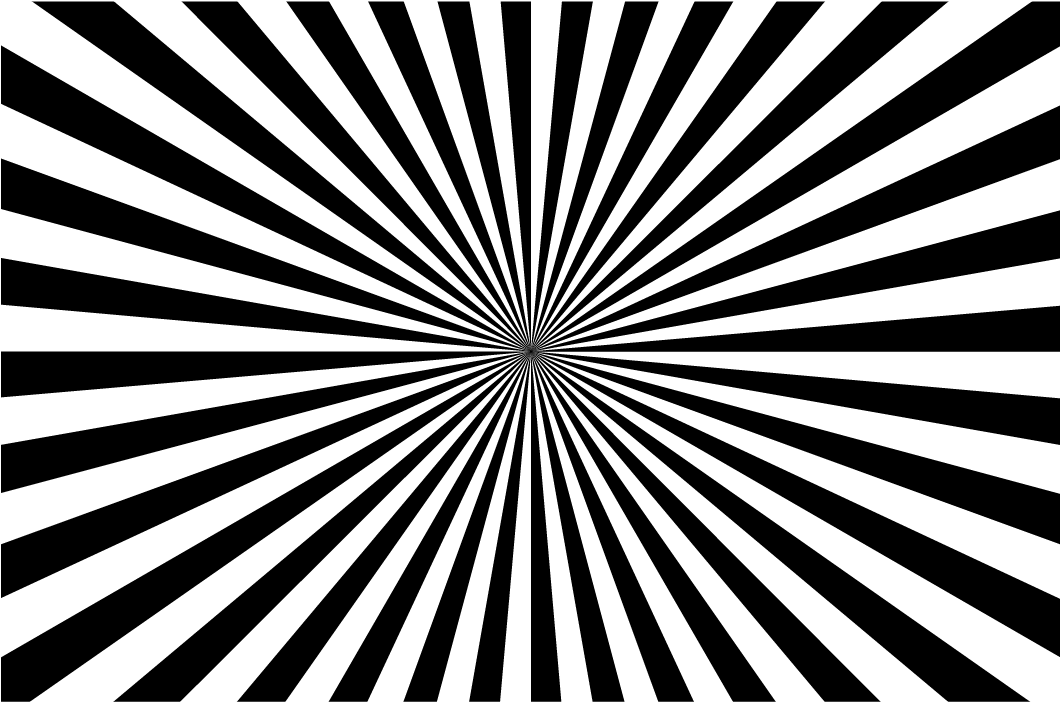The House is Black
Forugh Farrokhzad Khaneh siah ast, IR, 1963, 20', DCPThis is a film about the lives of people suffering from leprosy, but also about life itself... A representation of any closed and claustrophobic society, image of futility, isolation and separation. (Forough Farrokhzad)
“There is no shortage of ugliness in the world. If man closed his eyes to it, there would be even more.” Thus begins the narration in Forugh Farrokhzad’s The House is Black, a landmark short film by one of Iran’s most venerated modern poets whose writing still permeates Ira- nian culture. Her poem The Wind Will Carry Us is prominently featured in Abbas Kiarostami’s 1999 film of the same name. In the 2001 book Close-Up: Iranian Cinema, Hamid Dabashi cites The House is Black as the beginning of an adventurous decade of Iranian filmmaking: “The House is Black must be considered by far the most significant film of the early 1960s, a film that with its poetic treatment of leprosy anticipated much that was to follow in Iranian cinema of the 1980s and 1990s.” Mohsen Makhmalbaf has called it “the best Iranian film to have affected the contemporary Iranian cinema”, and Chris Marker compared the film to Luis Bunuel’s Las Hurdes. Jonathan Rosenbaum also said: “among the sixty or seventy Iranian films I’ve seen to date, The House is Black is the greatest of all”.
Restoration by Fondazione Cineteca di Bologna, Écran noir productions in collaboration with Ebrahim Golestan.
Fri 3/10 Art-kino Croatia 18:00





